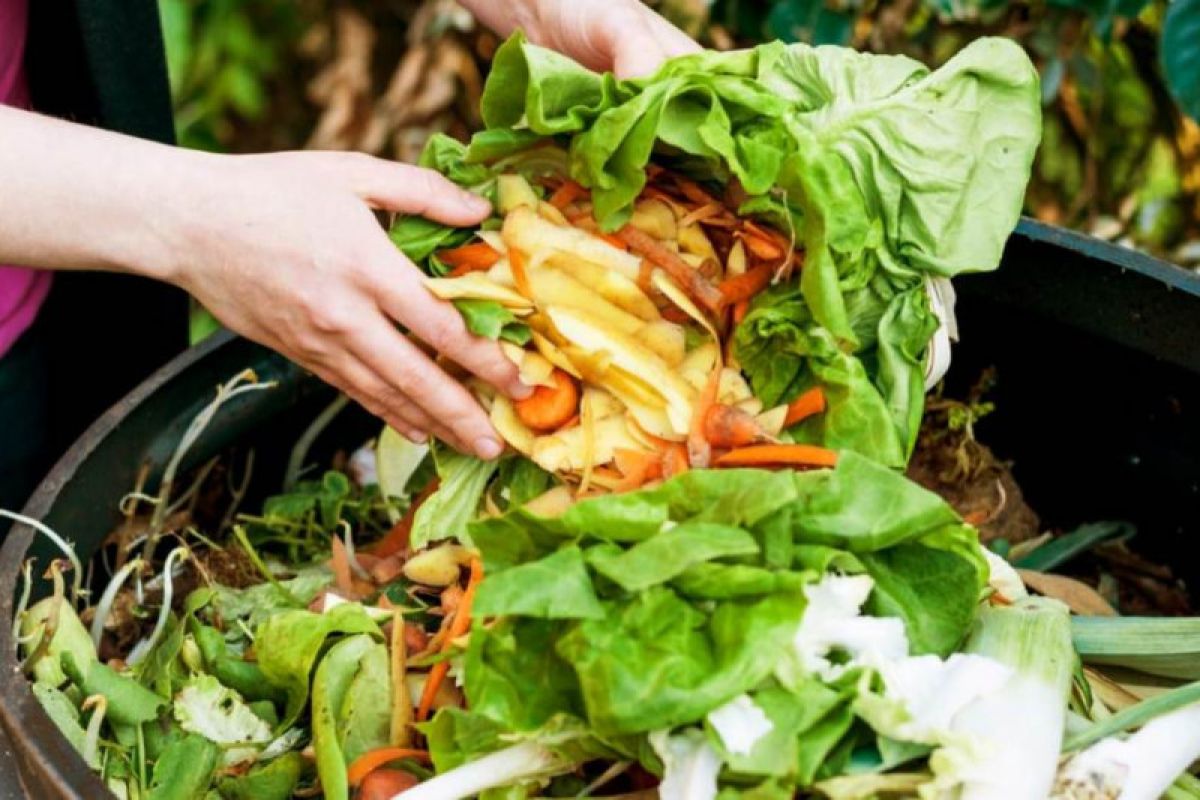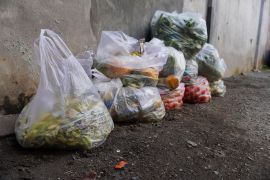Speaking at a webinar that ANTARA joined from here on Tuesday, Chief of Waste4Change's food loss and waste study team, Annisa Ratna Putri, noted that food loss happens due to improper storage processes, which degrade the quality of food.
Waste4Change's research has indicated that many people store ingredients in the refrigerator until they spoil, she said.
In addition, consumer preferences in choosing ingredients can also lead to food loss and food waste, Putri noted. This usually happens with merchants or stores when food ingredients are not purchased by the people so they are thrown away, she added.
Another cause for food loss is the lack of education on the part of consumers and farmers producing the ingredients, Putri said.
Related news: Indonesia generating 48 mln tons food waste per year: Bappenas
"Education is still required. If the people and workers do not understand, then it would cause improper storage process and lack of good handling practices," she explained.
The behavior of consumers who tend to take more food than they can eat is also an important reason for food loss, she added.
According to Putri, Indonesian people should reevaluate the "more is better than less" mindset, which contributes to food waste.
"If you are unable to eat that much, then do not order so much. If there are leftovers, then try to take them home to eat them later," she advised.
Waste4Change's research has also shown that food loss and food waste in Indonesia has reached 184 kg per person per year or 48 million tons in a year, she highlighted. That amount of food can feed 125 million people and help eradicate poverty and handle stunting in Indonesia, she pointed out.
Moreover, that amount of food waste accumulates 1.73 gigatons of CO2 or 7 percent of Indonesia's greenhouse gas emissions, she said.
Related news: 66 tons of food to be thrown away per second by 2030, says report
Translator: Aditya Ramadhan, Fadhli Ruhman
Editor: Rahmad Nasution
Copyright © ANTARA 2021












